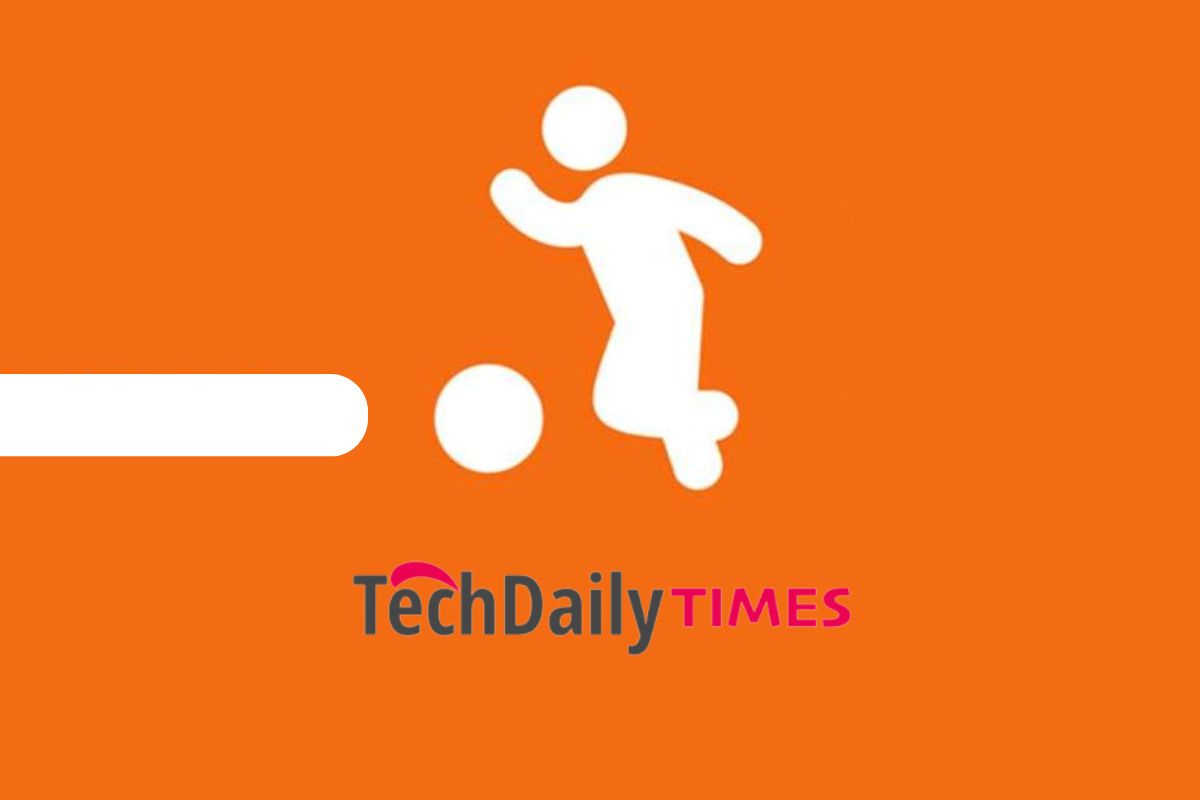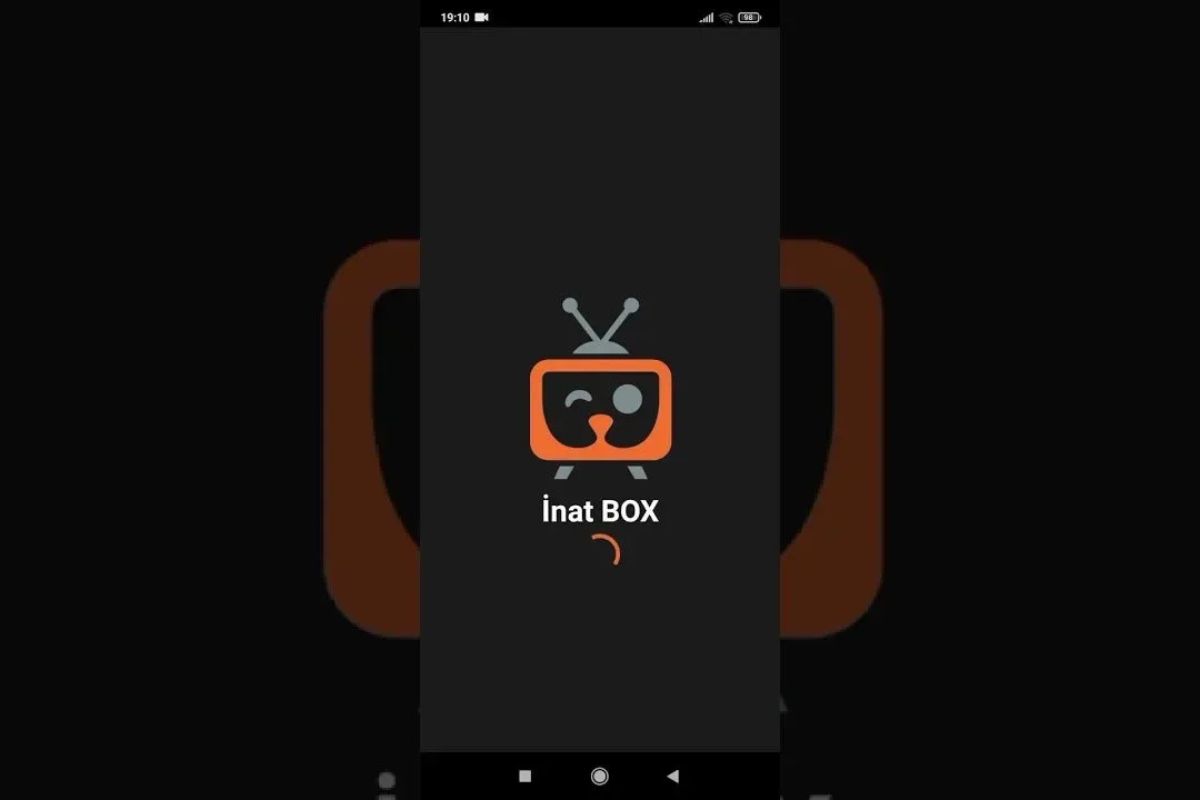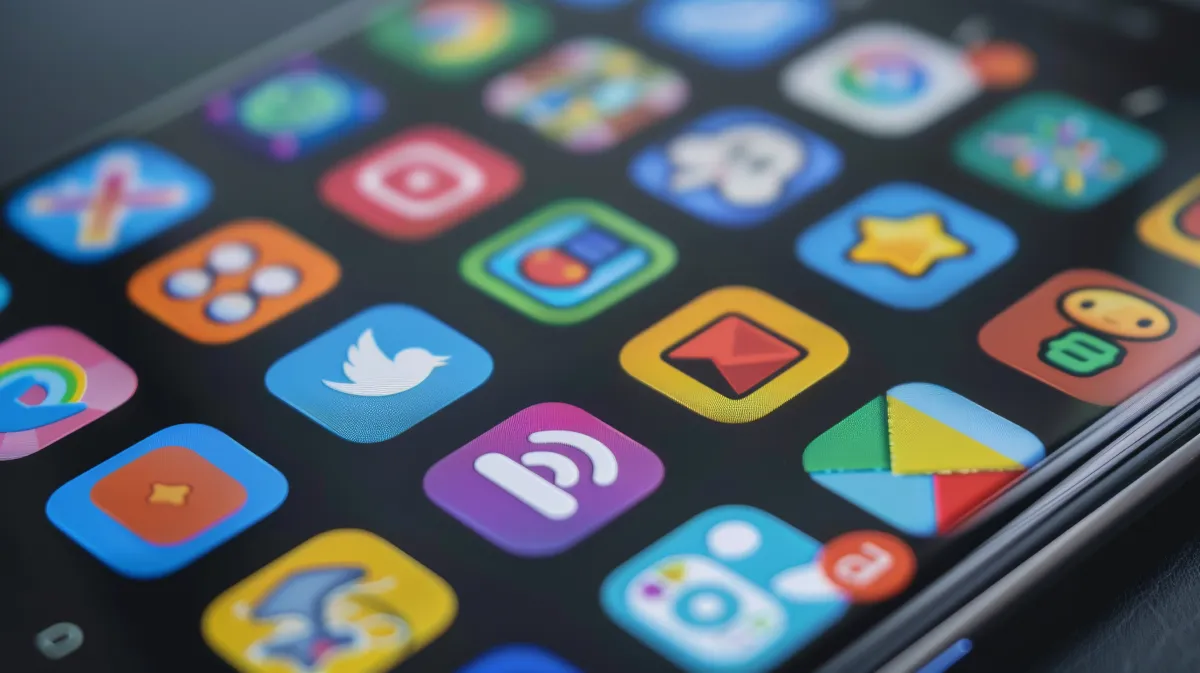The dawn of healthcare app development marks a pivotal era, transforming how we approach wellness and medical care. These apps are more than just tools. They are bridges that lead us to a future with healthcare services are more accessible, personalized, and efficient. The journey from traditional, often complex and burdensome, healthcare processes to sleek, user-friendly apps signifies a significant leap towards embracing technology’s potential to better our lives.
As these apps evolve, they incorporate cutting-edge technologies, making what once seemed like science fiction a part of our everyday health routines. Think of an app that not only tracks your fitness but also predicts potential health issues based on your activity and biometrics. This shift towards predictive healthcare, powered by innovations in AI and data analysis, is reshaping our expectations. We’re not just reacting to health issues; we’re anticipating and preventing them. This big change in making healthcare apps is not just about new tech. It’s about creating a world where everyone is healthier and has more control over their health.
The Digital Shift in Healthcare
The digital revolution has reshaped healthcare delivery across the USA, bringing it directly to our smartphones. Gone are the days of solely relying on clinic visits; now, healthcare is just a tap away. Across the USA, a pioneering healthcare mobile app development company in Texas is at the forefront of this shift, crafting innovative solutions that seamlessly integrate technology with wellness. Their efforts empower individuals to proactively manage their health journey, regardless of their location or circumstance.
Healthcare apps today are no longer just about providing basic information. They’ve grown to offer a suite of services that were once unimaginable without a visit to the doctor’s office. Virtual doctor visits, personalized health tracking, and tailored wellness plans are now standard features, marking a significant evolution in healthcare delivery. This transformation isn’t just technical. It’s a step towards a world where people have more power and understanding over their health.
Top Trends that are Shaping the Healthcare Industry
Discover the latest trends that are shaping the future of the healthcare industry, especially after the invasion of COVID pandemic. These innovations are redefining the ways we used to access and experience medical care, making it more customized and reachable for everyone.
1. Telemedicine and remote monitoring of patients
Telemedicine and remote patient monitoring have quickly moved from futuristic concepts to essential healthcare tools. By enabling doctor visits and health checks through screens, these technologies have made medical advice and care accessible right from the comfort of our homes. Especially valuable for those living far from healthcare centers or managing chronic conditions, these innovations allow for continuous monitoring and real-time feedback, transforming the way we think about and engage with our healthcare providers.
2. Electronic Health Records (EHR) and Interoperability
Electronic Health Records, or EHR, are like digital folders that keep all your health information in one place. Imagine if every doctor you visit could quickly know your health history just by clicking a button. That’s what EHR does. It helps your doctors understand you better and faster, leading to better care for you. Plus, these records can talk to each other across different doctors’ offices, making sure everyone helping you is on the same page. This way, taking care of your health becomes easier and more connected, just like friends sharing important news.
3. Personalized Medicine and Genomics
Imagine medicine made just for you. That’s what personalized medicine and genomics are all about. Doctors look at what makes your body unique, your very own genetic code, to find the best way to keep you healthy or get you better. It’s like getting a custom-made key to unlock a healthier you. This means effective treatment plans with fewer or negligible side effects because they’re designed especially for your body.
4. Robotics and Automation in Healthcare
Robotics and automation are changing the game in healthcare, turning things we once dreamed about into a reality. Imagine tiny robots assisting in surgeries with incredible accuracy and machines keeping hospitals clean and germ-free. Automation also handles all the paperwork, which means doctors and nurses get to spend more time on what matters most: looking after you. It’s about improving healthcare to make it safer, faster, and all about your needs.
5. Women Wellness Apps
Women’s wellness apps are revolutionizing healthcare, offering solutions tailored to the unique journey of every woman. From guiding future mothers through pregnancy to providing valuable insights into nutrition, these apps address the specific needs that women face at different stages of their lives. Femtech goes beyond just supporting women by focusing on their specific challenges and providing personalized care. It empowers them to take charge of their health and wellness. As these apps gain traction, they underscore a growing demand in the mHealth market for services that bring comprehensive healthcare rights to a woman’s fingertips, making well-being more accessible than ever.
6. Predictive Analytics in Healthcare
Predictive analytics is transforming healthcare by turning data into future insights. This powerful tool isn’t about making guesses but about smartly analyzing heaps of data to foresee health risks and outcomes for patients. As we navigate this exciting frontier, ensuring data privacy remains a top priority, balancing innovation with the utmost respect for patient confidentiality. By adopting this strategy, we’re moving towards a healthcare environment that focuses on being proactive and customized for everyone, showing that preventing illness is just as crucial as healing it.
7. Investing in Mental Health Applications
The push towards mental health apps marks a vital shift in healthcare priorities, highlighting the need for accessible support for those fighting with mental health conditions. In an era where mental health issues are on the rise, especially after the challenges brought by the COVID-19 pandemic. These applications offer a lifeline, providing tools for mood tracking, therapy, and stress management right at our fingertips. They stand as a testament to technology’s power to heal, making mental wellness not just a possibility but a reality for many people.
Top Technologies Driving Innovation in the Healthcare Sector
Discover the leading technologies propelling healthcare forward. From blockchain and cybersecurity to wearable devices, these innovations are reshaping the landscape of medical care, making it more accessible and personalized for everyone.
1. Blockchain
Blockchain technology is revolutionizing healthcare data management. With patient information flowing between hospitals, pharmacies, and labs, ensuring data security is paramount. Blockchain ensures transparency by storing data securely on a decentralized ledger. Integrating blockchain into mobile healthcare apps prevents data tampering, eliminating duplicates and discrepancies. This innovation offers a safer, more reliable way to manage medical records, fostering trust and efficiency in the healthcare sector.
2. Cybersecurity
In today’s digital age, safeguarding patient data is paramount. With healthcare records increasingly stored electronically, cybersecurity plays a vital role in protecting sensitive information from malicious actors. Biometric authentication, AI-driven threat detection, and blockchain technology are revolutionizing cybersecurity in healthcare. By adopting a ‘never trust, always verify’ approach, organizations are reinforcing data security measures, ensuring patient confidentiality and trust remain uncompromised.
3. Artificial Intelligence and Machine Learning
Artificial Intelligence (AI) and Machine Learning (ML) are revolutionizing healthcare, elevating diagnostic precision, tailoring treatment strategies, and forecasting patient prognoses. With algorithms capable of identifying diseases from imaging scans and predicting patient risks, the possibilities are vast. However, it’s crucial to navigate concerns regarding data privacy and ethical AI usage. Despite challenges, the advancements are undeniably groundbreaking and full of promise for the future of healthcare.
4. Augmented Reality (AR) and Virtual Reality (VR)
Virtual and Augmented Reality are reshaping healthcare, surpassing their gaming origins. Picture medical students honing surgical skills in virtual worlds or patients finding relief through VR-assisted pain management. Surgeons leverage AR to visualize intricate procedures in real time. This isn’t just tech hype; it’s a solid evolution in healthcare, revolutionizing education and patient well-being with immersive experiences and advanced visualization tools.
5. Internet of Medical Things (IoMT) and Wearable Devices
Wearable devices have come a long way from simple step counters. Now, they track vital signs like heart rates and sleep cycles, becoming indispensable tools in preventive healthcare. The booming Internet of Medical Things (IoMT) market, set to reach $960.2 billion by 2030, promises groundbreaking advancements in patient engagement and wellness management. Picture a tomorrow where your watch notifies you of potential health concerns before they escalate – that future is on the horizon.
Conclusion
The integration of innovative technologies like blockchain and cybersecurity ensures the security and integrity of patient data. Artificial Intelligence and Machine Learning enable personalized treatment plans and predictive analytics, transforming healthcare delivery. Augmented Reality and Virtual Reality offer immersive experiences, enhancing medical education and patient care. As the healthcare landscape evolves, the role of app developers, especially mobile app developers in Texas becomes increasingly vital. The rise of the Internet of Medical Things and wearable devices promises a future where proactive healthcare is accessible to all. With these advancements, the healthcare sector embraces a new era of innovation and possibility.











